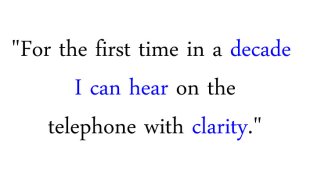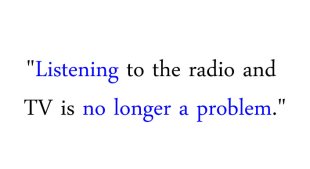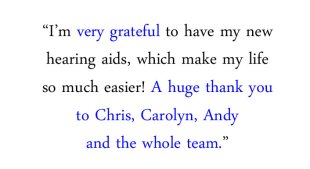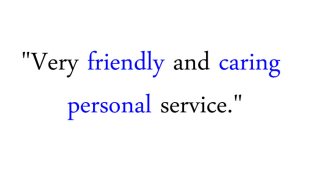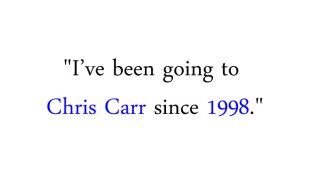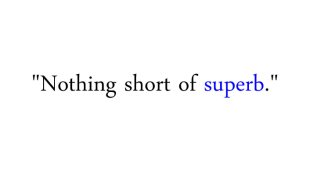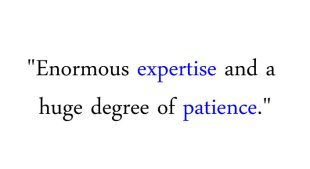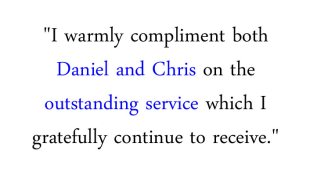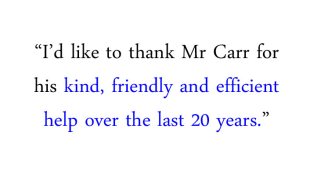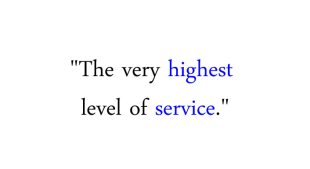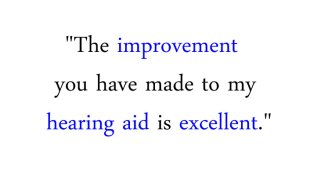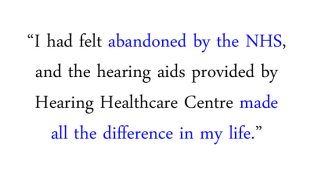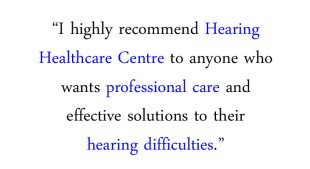Background Noise – Number One Problem With Hearing Aids…
For many people with hearing loss, having a normal conversation in a busy restaurant is a dream. Background noise is said to be the number one problem with hearing aids that needs to be solved. Companies have been trying to solve this problem for years, but have only managed to make tiny steps towards a solution. Since digital hearing aids became available, their sound quality in difficult situations like cocktail parties has inched forwards thanks to developments such as directional microphones and pre-programmed settings for common sound environments.
New Technology
However, new entries to the market include designs from established brand Oticon and a new startup brand Whisper. These designs are attempting to take a bigger leap forward using artificial intelligence (AI) to make noisy environments clearer than ever. These brands are trying to use AI to amplify the right sounds, whilst simultaneously dampening the background noises. Other companies do already use AI in parts of their hearing aids and apps. However, Whisper and Oticon’s new products use deep neural networks to isolate and sharpen the right sounds.
Many hearing professionals argue that these developments may move slower than we would all hope. “Everybody would love to have a breakthrough technology, but even breakthrough technologies tend to be based on incremental changes,” said Todd A. Ricketts, a professor and vice chair at Vanderbilt’s department of hearing and speech studies. He added: “What we might see from the first generation of deep neural networks is maybe small incremental improvements.”
Whisper
New brand Whisper has its sights set on defying critics and making giant leaps in technology that other professionals have said are incredibly rare. Where traditional hearing aids use batteries and processors that are situated in a tiny capsule tucked behind someone’s ear, Whisper’s hearing system uses a small external processing box the company calls “the brain.” Microphones on the hearing aids send audio wirelessly down to the brain hundreds of times a second, where it’s processed and sent back at a similar time to other products.
They argue that by doing this they are able to run algorithms that require far more computational power to complete in real time. The company claims that the result is the ability to better isolate desirable sounds, like speech, and to elevate them more precisely than other devices that do not use deep neural networks. For example, in computer terms they state that the Whisper brain can perform 300 billion operations per second, compared to around 1 billion in competitors.
The problem with this design is that people would need to spend a lot of money for a hearing aid that requires a separate box to work optimally. CEO of Whisper argues that “People with hearing aids have a history of adopting accessories in order to hear better”, referring to the use of a separate device to use Bluetooth before it was built into hearing aids.
Oticon
Shortly after the release of Whisper’s new system, popular brand Oticon released the Oticon More which uses a similar deep learning algorithm trained on 12 million sounds. The key difference being that the technology is crammed into the hearing aids themselves with no need for extra accessories.
“The goal behind the [deep neural network] here is to take the sounds in and essentially make them balanced and accurate, so that they actually sound the way that they’re intended to sound within that environment,” said Annette Mazevski, a technology assessment manager at Oticon.
According to their clinical studies, The More improved speech understanding by 15% compared to the preceding model, the Opn S, when using the most common default fittings for each.
Concerns
Both concepts are incredibly interesting and exciting as technology is moving forward. However, Whisper is a new brand that does not seem to currently be available in the UK. Oticon, on the other hand, is a well established and widely available brand. As stated previously, some hearing professionals have doubts and suggest any developments would be small steps.
However, if it does prove possible to combat the No.1 problem in hearing aids then it would be a game changer.
To book a consultation call now on 01223 360700 or click here!





